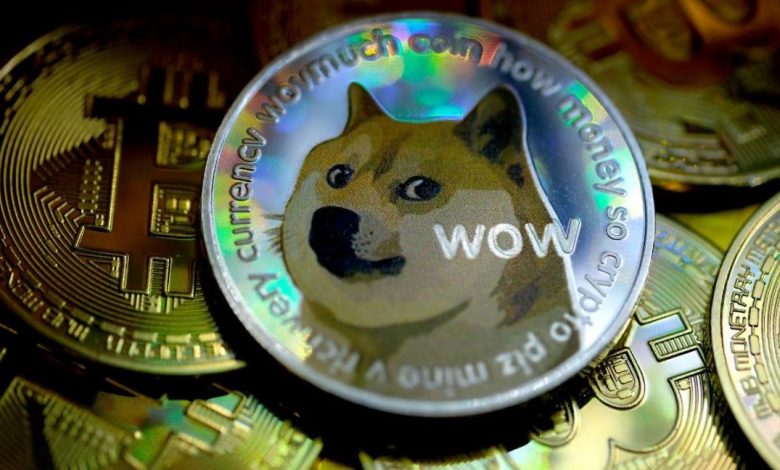Comparing Dogecoin to Other Popular Cryptocurrencies: Which One Is Superior?

Comparing Dogecoin to Other Popular Cryptocurrencies: Which One Is Superior?
Introduction
As the popularity of cryptocurrencies continues to grow, investors are eager to identify the superior options in the market. One such cryptocurrency that has gained significant attention is Dogecoin. In this blog post, we will compare Dogecoin to other popular cryptocurrencies to determine which one takes the crown. Let’s dive in!
Understanding Dogecoin
Dogecoin, initially created as a meme currency, has quickly become a prominent player in the cryptocurrency landscape. With its friendly Shiba Inu logo and a supportive community, Dogecoin has caught the attention of many investors.
Features of Dogecoin
1. Fast Transaction Speed: Dogecoin boasts faster transaction speeds compared to Bitcoin and Ethereum, making it a more viable option for everyday use.
2. Low Transaction Fees: The low transaction fees associated with Dogecoin make it attractive to individuals who frequently engage in cryptocurrency transactions.
3. Active Community: Dogecoin’s community is known for its enthusiasm and support of various charitable causes, making it an appealing choice for those who value community engagement.
Comparing Dogecoin to Other Popular Cryptocurrencies
Dogecoin vs. Bitcoin
Dogecoin and Bitcoin share some similarities, such as being decentralised and based on blockchain technology. However, there are a few key differences:
1. Supply: Dogecoin has an unlimited supply, with approximately 130 billion coins in circulation. In contrast, Bitcoin has a limited supply of 21 million coins.
2. Transaction Speed: As mentioned earlier, Dogecoin offers faster transaction speeds compared to Bitcoin.
3. Mining: Bitcoin mining is increasingly resource-intensive, requiring dedicated hardware. Dogecoin, on the other hand, can be mined using regular computer hardware.
Dogecoin vs. Ethereum
When comparing Dogecoin to Ethereum, we find the following distinctions:
1. Use Case: While Ethereum is a platform for developing decentralized applications (DApps), Dogecoin’s primary focus is on microtransactions and online tipping.
2. Smart Contracts: Ethereum’s functionality extends beyond transactions to include smart contracts, which enable the execution of predefined actions when specific conditions are met.
3. Market Cap: As of now, Ethereum has a larger market capitalization compared to Dogecoin, making it more established in the cryptocurrency market.
Frequently Asked Questions (FAQs)
Q1: Is Dogecoin a good investment?
A1: The decision to invest in Dogecoin or any cryptocurrency depends on various factors, including your risk tolerance, financial goals, and market research. It’s crucial to evaluate the market trends and seek professional advice before making any investment decisions.
Q2: Can Dogecoin reach the same level as Bitcoin?
A2: While Dogecoin has shown significant growth and gained popularity, reaching the same level as Bitcoin is uncertain. Bitcoin’s position as the first and most recognized cryptocurrency gives it a considerable advantage.
Q3: Should I mine Dogecoin?
A3: Mining Dogecoin can be a rewarding activity, especially for individuals with basic computer hardware. However, it’s important to consider factors like electricity costs, mining difficulty, and potential returns before diving into mining.
Q4: Can Dogecoin be used as a mainstream currency?
A4: While Dogecoin has gained prominence, it still has a long way to go before being widely accepted as a mainstream currency. Factors like merchant adoption and regulatory developments will play a crucial role in determining its future viability.
Conclusion
While Dogecoin has its own set of unique features and an active community, declaring it as superior to other popular cryptocurrencies is subjective. Investors must assess their individual goals and conduct thorough research before venturing into the cryptocurrency space. Remember, investments in cryptocurrencies are highly volatile and involve risks; always exercise caution and seek professional advice.
Disclaimer: This article does not constitute financial advice and is for informational purposes only. Always do your own research and consult with a qualified financial advisor before making any investment decisions.



